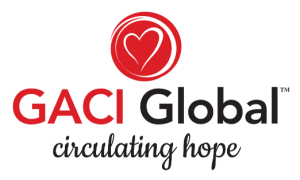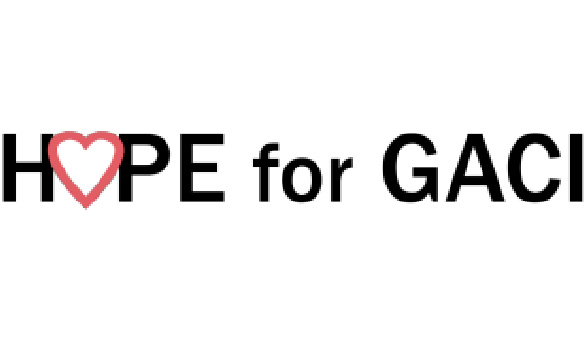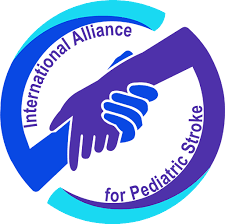While living with a rare disease may be challenging, there is a community of support waiting to help. Discover the many support options available to patients and their loved ones.
Rare Disease Organizations

GACI Global
GACI Global is a nonprofit organization whose mission is to connect families affected by generalized arterial calcification of infancy (GACI) or hypophosphatemic rickets (ARHR2) caused by ENPP1 or ABCC6 Deficiencies to each other and to the medical community. The organization strives to provide current educational resources and supports ongoing research. GACI Global is circulating hope.

Hope for GacI
Hope for GACI was founded by the parents of Natalie Van Wyk, a GACI survivor. The mission of the organization is to raise awareness about the condition and to provide families with children affected by GACI, with hope and to let them know that they are not alone. The organization provides information about GACI, biographies of noted GACI researchers, and links to relevant articles from respected medical journals.

National Organization for Rare Disorders (NORD)
NORD is a patient advocacy organization dedicated to individuals with rare diseases and the organizations that serve them. NORD, along with its more than 280 patient organization members, is committed to the identification, treatment, and cure of rare disorders through programs of education, advocacy, research, and patient services.

Eurodis Rare Diseases Europe
Their vision is to enable better lives and cures for people living with a rare disease. Their mission is to work across borders and diseases to improve the lives of people living with a rare disease. Eurodis offers information about rare diseases and networking opportunities.

Global Genes
Global Genes’ mission is to eliminate the challenges of rare disease. They aim to build awareness, educate the global community, and provide critical connections and resources that equip advocates to become activists for their disease.

Rare Disease Foundation
The Rare Disease Foundation is focused on linking basic science and clinical practice to increase the efficiency of rare disease research. This model is called Translational Care. This model drives patient based, treatment focused research projects from disease characterization to treatment with greater efficiency.

Orphanet
Orphanet is a unique resource, gathering and improving knowledge on rare diseases to improve the diagnosis, care and treatment of patients with rare diseases. Orphanet aims to provide high-quality information on rare diseases and ensure equal access to knowledge for all stakeholders. Orphanet also maintains the Orphanet rare disease nomenclature (ORPHAnumber), essential in improving the visibility of rare diseases in health and research information systems.

PXE International
PXE International was founded in 1995 to promote research and support individuals affected by pseudoxanthoma elasticum (PXE). They work on behalf of individuals and their families to improve quality of life through advancing research, educating clinicians, and supporting individuals.

International Alliance for Pediatric Stroke
The International Alliance for Pediatric Stroke (IAPS) was created by a group of five board members: three parents and two pediatric neurologists. The idea for an advocacy group for pediatric stroke came from Dr. Gabrielle deVeber and Mary Kay Ballasiotes in Fall 2011. Dr. deVeber saw a need for an umbrella entity to provide collaboration between smaller organizations and groups who were working to make a difference for children impacted by stroke.